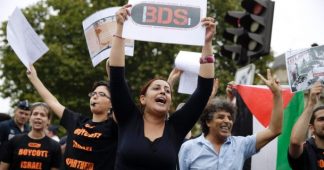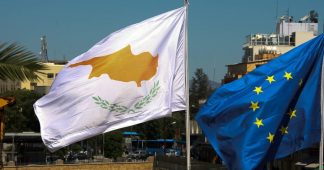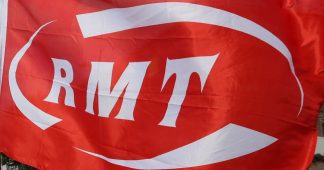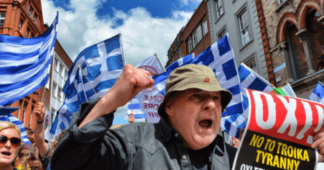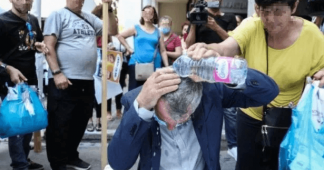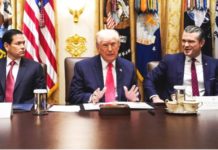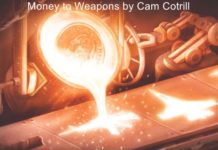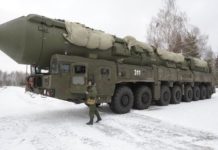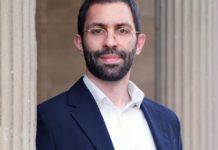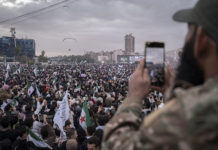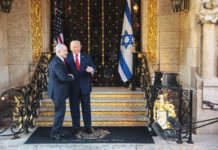by Bethany Rielly
Nov.17, 2020
A SPECIAL branch boss who spied on trade union activists in the 1960s and trained future spycops left the police to work for a blacklist firm, the Undercover Policing inquiry has heard.
In an explosive statement today, blacklisted worker Dave Smith accused spycops who infiltrated trade unions of acting as agents provocateurs and undermining democracy.
Mr Smith, who is the secretary of the Blacklist Support Group, highlighted new evidence supporting claims of police collusion with blacklisters over many years.
On Monday it was revealed that a former head of C Squad — a unit within Special Branch that spied on left-wing union activists — went on to work for blacklist firm the Economic League after leaving the police.
The police boss was named as chief superintendent Herbert Guy Lawrenson.
The evidence was disclosed to the inquiry by a police witness who worked in two Special Branch units in the ’60s and ’70s — the Special Demonstration Squad and the industrial unit.
The role of the industrial unit was specifically to monitor trade union members and industrial disputes.
The officer, known as HN336, told the inquiry that he had received training from Mr Lawrenson when joining Special Branch in which the chief superintendent warned that trade unions were being “infiltrated” by Russia.
Commenting on the evidence today, Mr Smith argued that there was a “relationship” between the police unit and the Economic League, where officers potentially fed information to their former boss.
“There is a relationship there with the Economic League and the Special Branch industrial unit — that needs to be investigated,” he said.
The League, founded in 1919, shared records on left-wing activists with industries to keep them out of the workplace.
Mr Smith listed three spycops known to have spied on trade unionists between the 1990s and 2000s — some of whom later ended up on the blacklist.
One Carlo Neri has been accused of attempting to “entrap” union members by inciting them to commit arson. Mr Smith said that the spycop had encouraged members to firebomb a charity shop he claimed was owned by an Italian fascist.
“For the record, we accuse Carlo Neri of being an agent provocateur, who deliberately set out to entrap those trade union activists and to get them sent to prison,” he said.
Another, Mark Jenner, known by his cover name Mark Cassidy, infiltrated construction union Ucatt. While undercover Mr Jenner is alleged to have called for a Ucatt official to be sacked, voted in policy motions and behaved in an “antagonistic” way to stoke divisions in the union.
“For the record, we accuse Mark Jenner and, through Mark Jenner, the British state of deliberately interfering with the internal democratic processes of an independent trade union. This is in direct contravention of international law.”
Mr Jenner gathered information on 300 individuals, according to the police’s own investigation Operation Herne, some of whom ended up on the blacklist.
The illegal practice involved major construction companies accessing a list of more than 3,300 workers and their union activities.
The list was compiled by the Consulting Association, a secret company which fed information on potential employees to 40 construction firms in return for huge fees. The information commissioner closed it down in 2009 after its role in wide-scale blacklisting was uncovered.
Mr Smith told the inquiry that some of those blacklisted later committed suicide. “No-one can say that blacklisting was the sole reason for these suicides, but prolonged periods of unemployment and family tensions cannot be good for anyone’s mental health,” he said.
The Undercover Policing Inquiry is looking at the tactics used by two units — the Metropolitan Police SDS, which existed between 1968 and 2008, and the National Public Order Intelligence Unit, which existed between 1999 and 2010.
But Mr Smith said that he did not expect the public inquiry to provide justice. He added that the inquiry looked like “a good old-fashioned Establishment cover-up” with most observers only able to follow evidence via a live transcript of proceedings
Published at morningstaronline.co.uk
